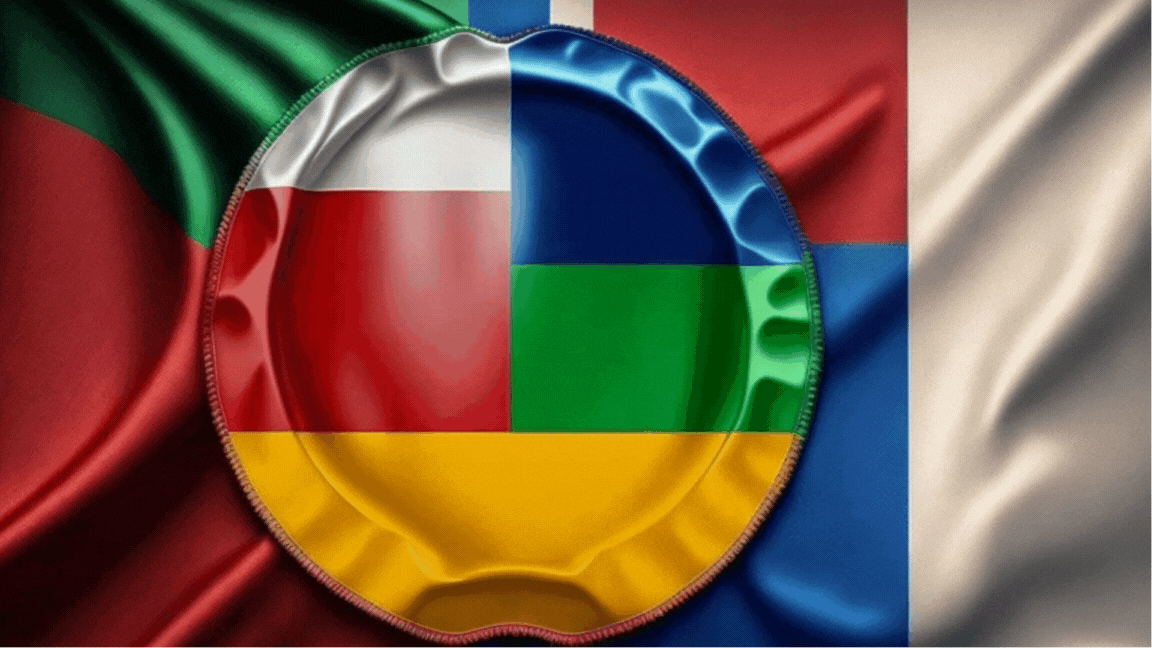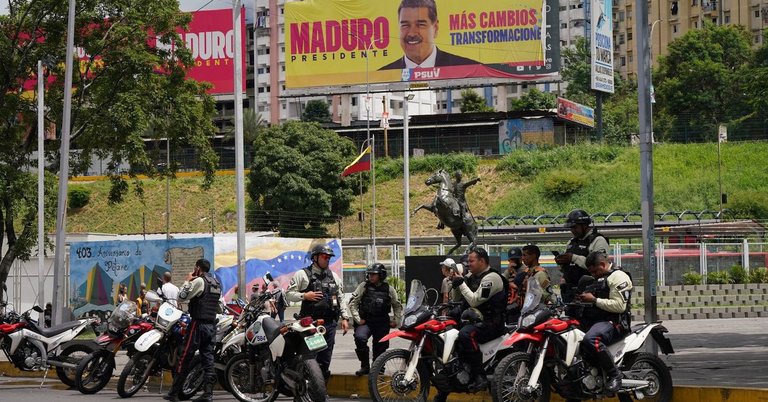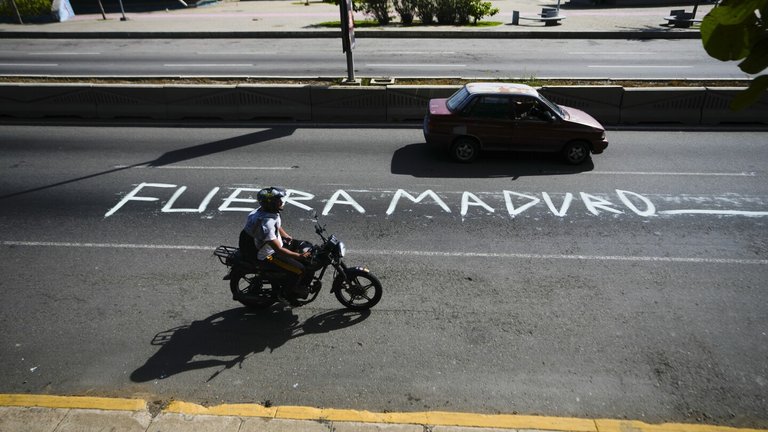The Latin American Report # 283

This is not religion
We are still very much glued to the political crisis unleashed in Venezuela after last Sunday's elections. It is the topic that sets the regional political agenda, with interesting developments today, when street protests subsided somewhat. In a new controversial move, President Nicolás Maduro went before the Supreme Court of Justice to introduce a dispute regarding the elections, so that the electoral chamber of the highest judicial authority will be the one to settle the controversy over the results. It seems interesting to me in this sense that the officially President-elect is somehow subtracting entity to the electoral authority. That is to say, without the National Electoral Council (CNE in Spanish) finalizing its part of the process, Maduro is judicializing what happened and what is to come.
In declarations to the press after presenting the appeal, the Chavista leader affirmed that they already had 100% of the records of the electoral centers that would validate his triumph. Why is it now that the ruling party's campaign can make allusion to those documents? The opposition, on its part, has set up a web site containing the electoral records provided by its witnesses, which would instead give the triumph to Edmundo Gonzalez. And in this one citizens insert their identity card and the system returns the electoral record of the center where they exercised their right to vote. As I am familiar with the Venezuelan identity card format, I was able to randomly access several of the records supposedly compiled by the opposition, where a pattern favorable to González is certainly observed, although I also found some—not much really—where Nicolás Maduro defeated him.
 Source
SourceIn the afternoon, the head of the Miraflores Palace offered a press conference in which he answered questions from media such as AP, Reuters, and the Washington Post. In his long presentation, Maduro focused on the violent events of the last few days attributed to opposition factors, which have already caused more than a dozen deaths among security forces and civilians. Some of the actions shown by the political heir of the late Hugo Chávez are the burning of cars and electoral local offices, and the threats made by violent actors in social media. There are more than 1,000 detainees for these acts, who could be sentenced to 20 years. Among these are important opposition leaders, a practice denounced by María Corina Machado to the international community. The scenes of violence shared are ominous, as well as the call of some opposition—antinational—sectors for new and more sanctions against their country.
But the old labor fighter made few allusions, if any, to the electoral issue itself. It was a journalist from the Washington Post who forced him to say something about the long-running issue of the electoral records. Maduro hid behind the claim that the CNE is still under cyber attack, and that its technical team is struggling to reestablish the system. There are weak points in this narrative, because in any case, the electoral authority had since Sunday 80% of the records, which it could have shared with the citizens and the international community. During the day, some Chavistas opinion leaders shared a legal analysis on the responsibility of the CNE in the publication of the electoral data, whose assimilation would imply that the body still has some coverage to present them. There is another judicial narrative—from the opposition—that disputes the above, but in any case it is counterproductive for the electoral power to stick to any legal trickery to justify the delay for delivering critical information to dissipate a rarefied and charged environment.
 Source
SourceIn the press conference, Maduro, tied to a Christian bible, spoke of (blind) faith. Of believing (in his preaching) without even seeing. He also connected classic political enemies in his rhetoric such as former Colombian Presidents Alvaro Uribe and Ivan Duque, and Washington, with the violent events. The president who was once a bus driver has against him that, ultimately, this is not about religion, but about hard evidence. If it is some, it is welcome.
And this is all for our report today. I have referenced the sources dynamically in the text, and remember you can learn how and where to follow the LATAM trail news by reading my work here. Have a nice day.


Sending Love and Ecency Vote!
